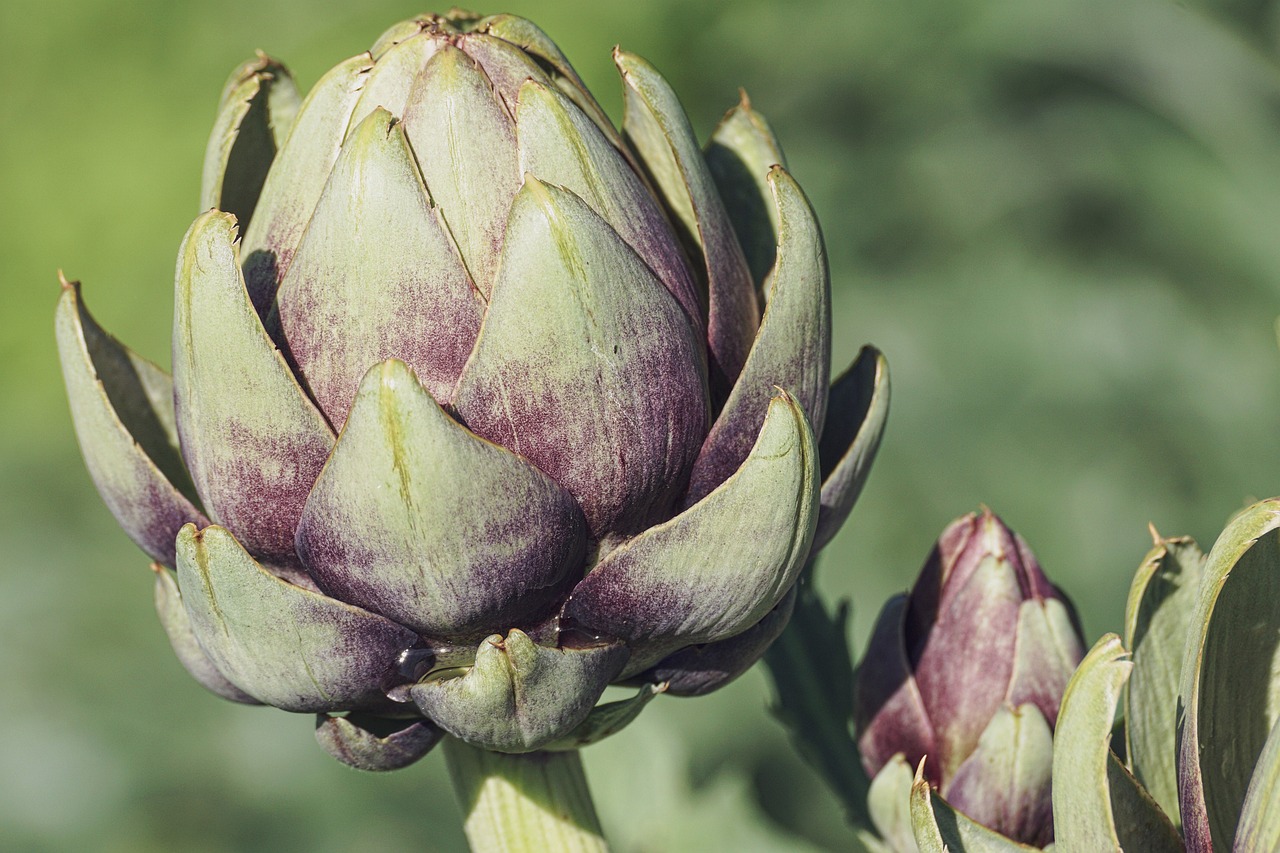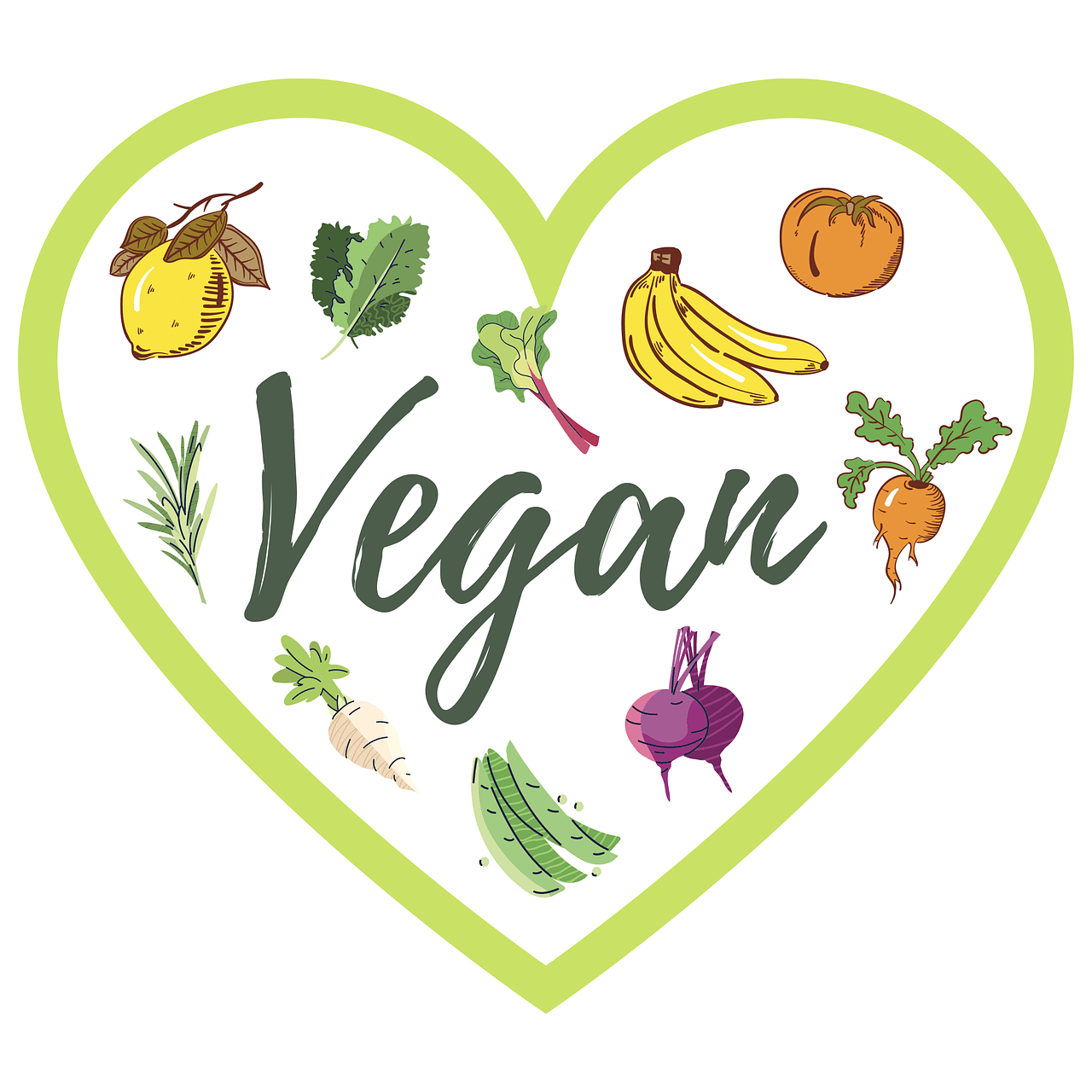In our journey to understand the benefits of a plant-based diet, we explore the various ways it can positively impact our health, the environment, and even our wallets. By embracing fruits, vegetables, grains, nuts, and seeds, we can enjoy lower risks of chronic diseases, improved digestion, and enhanced energy levels. More than just a health choice, a plant-based diet supports sustainable farming practices and reduces our carbon footprint, making it a win-win for both our well-being and the planet. Let’s delve into the meaningful advantages of opting for a diet rich in plant-based foods and discover how we can thrive together. Have you ever wondered about the myriad benefits of a plant-based diet? We certainly have, and we’ve discovered some truly remarkable advantages that stem from this way of eating. The idea of transforming our eating habits might seem daunting, but the positive outcomes are well worth the effort. Whether we’re considering our health, the environment, or even our wallets, opting for a plant-based diet can lead to significant benefits in numerous areas of our lives.
What Is a Plant-Based Diet?
A plant-based diet emphasizes consuming foods primarily from plants. This includes fruits, vegetables, nuts, seeds, oils, whole grains, legumes, and beans. While many people think a plant-based diet means giving up all animal products, it doesn’t necessarily have to be that strict. Unlike a strict vegan diet, a plant-based diet can include small amounts of animal products. It focuses on maximizing the intake of nutrient-dense, plant-based foods while minimizing or eliminating processed foods and animal-derived items.
Health Benefits of a Plant-Based Diet
Nutrient Density
Foods derived from plants are often packed with essential nutrients, vitamins, minerals, and antioxidants. By focusing on these nutrient-rich foods, we’re providing our bodies with everything they need to function optimally. For instance, leafy greens like spinach and kale are incredibly rich in Vitamin K, which is crucial for bone health. Other plant-based foods like nuts and seeds are excellent sources of healthy fats and proteins.
Weight Management
Switching to a plant-based diet can help us manage our weight more effectively. Plant-based foods tend to be lower in calories and higher in fiber compared to animal-based foods. This means we can enjoy larger portions without consuming too many calories, helping us feel fuller for longer.
| Food | Caloric Comparison (Per 100g) |
|---|---|
| Chicken breast | 165 calories |
| Lentils | 116 calories |
| Beef | 250 calories |
| Brown rice | 112 calories |
| Cheddar cheese | 403 calories |
| Broccoli | 55 calories |
Improved Heart Health
Several studies have shown that plant-based diets are linked to a decreased risk of heart disease. This is primarily due to lower levels of cholesterol, lower blood pressure, and less saturated fat intake. For example, foods like avocados, nuts, and whole grains are excellent at providing heart-healthy fats and fibers, which help keep our cardiovascular systems in check.
Reduced Risk of Chronic Diseases
A plant-based diet has been associated with a reduction in the risk of various chronic diseases, including diabetes, cancer, and Alzheimer’s. Plant foods contain numerous antioxidants and phytochemicals that help combat inflammation and oxidative stress, which are often culprits in chronic disease development.
Enhanced Digestive Health
Fiber is a superstar when it comes to digestive health, and plant-based diets are typically high in fiber. Fiber aids in proper digestion and helps maintain a healthy gut microbiome. It can help prevent constipation and other gastrointestinal issues, ensuring that our digestive systems run smoothly.

Environmental Benefits
Reduced Greenhouse Gas Emissions
One of the most significant environmental benefits of a plant-based diet is the reduction in greenhouse gas emissions. Producing plant-based foods generally requires fewer resources like water and land, and it leads to lower levels of greenhouse gases compared to animal-based food production.
Conservation of Water
Animal agriculture is notoriously water-intensive. By reducing our consumption of animal products, we save a considerable amount of water. For instance, it takes approximately 1,800 gallons of water to produce a single pound of beef, but only 220 gallons are needed for a pound of soybeans.
Biodiversity Preservation
Shifting toward a plant-based diet can also aid in preserving biodiversity. Livestock farming is a leading cause of habitat destruction, deforestation, and species extinction. By opting for plant-based foods, we reduce the demand for land and resources dedicated to animal agriculture, thereby helping to preserve natural habitats.
Economic Benefits
Lower Grocery Bills
Plant-based foods can be more economical than animal-based products. Items like beans, rice, and grains are relatively inexpensive, particularly when bought in bulk. By focusing on these staple foods, we can significantly lower our monthly grocery bills.
| Food | Cost Comparison (Per Pound) |
|---|---|
| Chicken breast | $3.14 |
| Lentils | $1.00 |
| Beef | $5.37 |
| Brown rice | $0.70 |
| Cheddar cheese | $5.00 |
| Broccoli | $1.60 |
Reduced Healthcare Costs
By adopting a plant-based diet, we may find ourselves needing fewer medical interventions. Reduced risks of chronic diseases and improved overall health can lead to fewer doctor visits, medications, and procedures, ultimately lowering our out-of-pocket healthcare expenses.
Boosting Local Economies
Many plant-based foods can be sourced locally, supporting farmers and businesses within our communities. By purchasing locally grown produce, we help stimulate the local economy and benefit from fresher, more nutritious foods.

Ethical Considerations
Animal Welfare
Switching to a plant-based diet aligns closely with concerns about animal welfare. The conditions in which many animals are farmed can be harsh and inhumane. By reducing our consumption of animal products, we take a step toward reducing the demand for industrial animal farming.
Equity and Fair Distribution of Resources
Adopting a plant-based diet can also be seen as an effort toward fairer distribution of Earth’s resources. Producing plant foods is generally more efficient compared to animal foods, meaning we can potentially feed more people with fewer resources. This could play a crucial role in addressing global hunger.
Tips for Transitioning to a Plant-Based Diet
Start Slow
Transitioning to a plant-based diet doesn’t have to happen overnight. We can start by incorporating more plant-based meals into our weekly routine. For example, we might try “Meatless Mondays” as an easy way to begin.
Educate Ourselves
The more we know about the foods we eat, the easier it will be to make informed choices. Reading books, watching documentaries, or even attending cooking classes focused on plant-based diets can provide us with valuable insights and inspiration.
Find Substitutes
Luckily, there are many plant-based substitutes available for almost every animal product. From almond milk to tofu and from veggie burgers to cashew cheese, exploring these substitutes can make the transition smoother and more enjoyable.
Plan Meals
We might find it helpful to plan our meals ahead of time. This ensures we have all the necessary ingredients on hand and helps us avoid the temptation of convenient but less healthy options.
Join a Community
There are thriving communities of people who follow plant-based diets. We can join local meet-ups, online forums, or social media groups to share experiences, recipes, and motivation.

Common Myths About Plant-Based Diets
Lack of Protein
One of the most common myths is that plant-based diets don’t provide enough protein. In reality, many plant-based foods are excellent sources of protein, such as beans, lentils, tofu, and quinoa.
Difficult to Maintain
Many believe that a plant-based diet is difficult to maintain. However, with proper planning and the right resources, it can become a seamless part of our lifestyle.
Expensive
While it’s often thought that being plant-based is costly, it can actually be quite affordable, especially when focusing on whole, unprocessed foods like grains, legumes, and seasonal produce.
Conclusion
In summary, the benefits of adopting a plant-based diet are extensive and multifaceted. From enhancing our health and protecting the environment to saving money and contributing to ethical causes, there are compelling reasons to consider making the switch. By taking gradual steps and educating ourselves, we can make this transition both manageable and enjoyable. It’s not just a diet; it’s a lifestyle choice that benefits us and the world around us. So why not give it a try?



